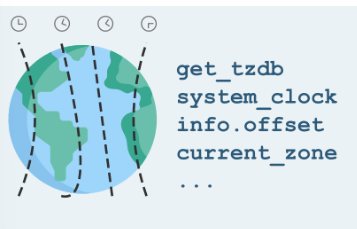C++ programmer's guide to undefined behavior: part 11 of 11
Your attention is invited to the 11th part of an e-book on undefined behavior. This is not a textbook, as it's intended for those who are already familiar with C++ programming. It's a kind of C++ programmer's guide to undefined behavior and to its most secret and exotic corners. The book was written by Dmitry Sviridkin and edited by Andrey Karpov.
C++ programmer's guide to undefined behavior: part 11 of 11
by Dmitry Sviridkin
From the article:
Developing multithreaded applications is always challenging. The problem of synchronizing access to shared data is a perennial headache. It'd be ideal if we had a well-tested, reliable library of containers, high-level primitives, and parallel algorithms that managed all invariants. It'd be ideal if static compiler checks prevented us from misusing all these things. How nice it would be... Before C++11 and the standardized memory model, we could use threads but only at our risk. Starting with C++11, there are some pretty low-level primitives in the standard library. Since C++17, there are still various parallel versions of algorithms, but we can't even fine-tune the number of threads or their priorities.

 The
The  In this article, we'll learn about
In this article, we'll learn about  While most time zones use simple hour offsets from UTC, some regions have chosen unusual time differences. In this blog post, we’ll explore how we can discover such zones using C++20’s chrono library.
While most time zones use simple hour offsets from UTC, some regions have chosen unusual time differences. In this blog post, we’ll explore how we can discover such zones using C++20’s chrono library.
 In this blog post, we will explore handling dates using std::chrono, including time zones. We’ll utilize the latest features of the library to retrieve the current time across various time zones, taking into account daylight saving time changes as well. Additionally, we will incorporate new capabilities introduced in C++23, such as enhanced printing functions and more.
In this blog post, we will explore handling dates using std::chrono, including time zones. We’ll utilize the latest features of the library to retrieve the current time across various time zones, taking into account daylight saving time changes as well. Additionally, we will incorporate new capabilities introduced in C++23, such as enhanced printing functions and more. Recent versions of the C++ language (C++20 and C++23) may allow you to change drastically how you program in C++. I want to provide some fun examples.
Recent versions of the C++ language (C++20 and C++23) may allow you to change drastically how you program in C++. I want to provide some fun examples.